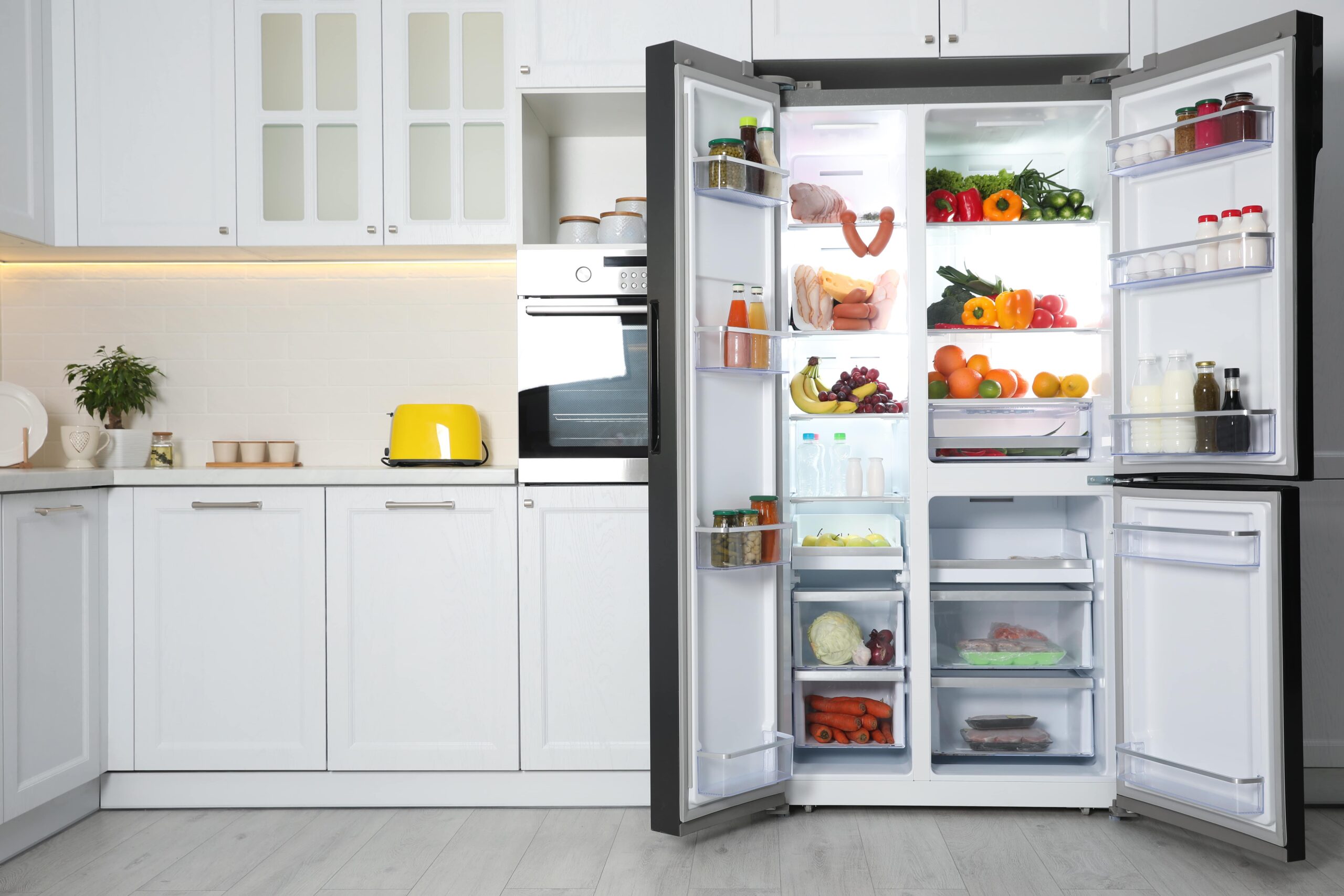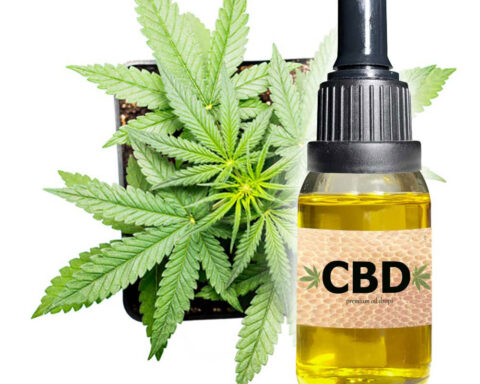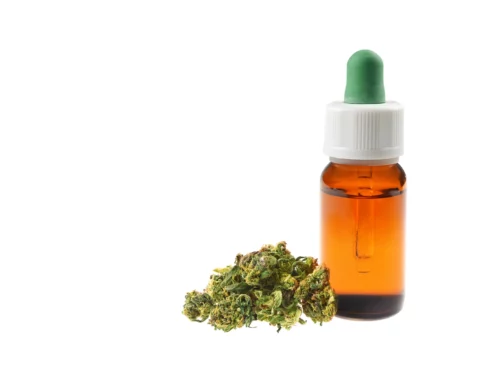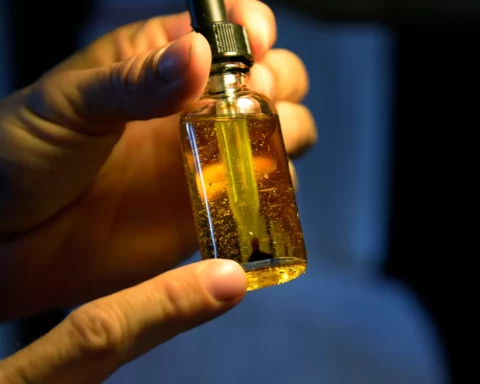CBD oil has become popular for a good reason. This oil’s benefits are why most people are attracted to it. Its benefits include alleviating anxiety and treating skin-related conditions like dry skin and acne.
The good thing about CBD oil is it has minimum side effects since most bodies tolerate it well. The presence of several types and methods of consumption also fit each individual since one could choose one that suits their personal needs. Since CBD oil can be found in dispensaries and stores and is not refrigerated, people claim and argue that CBD oil needs to be refrigerated so that its potency and effectiveness are not reduced. This article will show you whether the oil requires refrigeration. It will also show how to store the oil properly.
Does CBD Oil Require To Be Refrigerated?
If you desire to get the maximum benefits of CBD oil, it needs to be stored properly. However, it is not a must to refrigerate CBD oil. Keeping it chilled is a good idea to prevent its compounds from losing effectiveness. It also helps in retaining the viscosity of the oil.
Preserving CBD Oil in the Refrigerator
In case you purchase CBD oil in bulk, it is recommended that to refrigerate them. Suppose you bought a single CBD oil bottle; you do not necessarily need to refrigerate it. However, you should store it in a dark place and cool too. A good place is your medicine cabinet. If you have large amounts of CBD oil, you should consider refrigerating them to increase their shelf life.
Consider refrigerating the oil if you stay in a very hot and humid place. CBD oil does not have preservatives, so it is stored in a fridge. It avoids mold and bacteria growth.
Can You Freeze CBD Oil?
Even though freezing CBD oil can increase its shelf life, when stored in very cold temperatures, the consistency of the oil can be interfered with. When CBD oil is frozen for a long time, it thickens. It also becomes thicker if it has other carrier oils like coconut oil. When stored in temperatures less than zero, the compounds present in the oil behave differently. When CBD oil crystallizes because of the low temperatures, you may find it difficult to get it from the container. The oil also appears to be cloudier. However, this does not mean that its quality reduces. If you freeze CBD oil and it thickens, let it warm up on its own at room temperature. It is not a good idea to heat it inside an oven. You can also place it inside warm water until it melts.
How Long Does CBD Oil Last?
Most CBD products’ shelf life is around one to two years. It also applies to CBD oil. However, some factors may determine how long the CBD oil may last. These factors include:
The Oil’s Quality: If your CBD oil is of good quality, it can stay for a long time. When talking about the quality of the oil, it means factors such as how the plant was grown and the other ingredients’ quality.
The ingredients used: Since each ingredient has its required shelf life, the ingredients in the CBD oil matter. This is because they also determine the shelf life of the oil.
Extraction Process: CBD oil can be extracted using various processes. Grijo et al. (2018) noted that these processes include the C02 and butane. However, the best process is the C02 process since, when performed properly, it maximizes the other compound levels and also makes them safe.
Packaging: Most CBD oils are packaged in a dark container for a good reason. When CBD oil is stored in dark containers, they remain fresh for a long time. This is because it is protected from air exposure and the sun’s direct rays.
How Long To Use CBD Oil Once It Opened
Using proper storage, the shelf life of CBD oil is extended. However, once you open it, use it for six months. In cold temperatures, the oils stay fresh for longer periods.
Factors That Affect the Storage Condition of CBD Oil
Temperature: Potter et al. (2018) warned that storing CBD oil at high temperatures can tamper with its quality. This is because it may lose some of its benefits. This is why you should store your CBD oil at room temperature.
Light: Never expose your CBD oil to the sun. It is because it reduces its quality; Danziger et al. (2021) discovered that its effectiveness would be affected too. Even though CBD oil is in a dark bottle, could you keep it away from the sun’s direct rays?
Air: CBD oil is packaged in small amounts, so you cannot consume it for too long. According to Ross et al. (1996), it is because CBD can interact with air molecules such as C02. Oxygen also causes a lot of damage to the oil. Once the oxygen molecules interact with CBD oil, the oil breaks down faster.
How TO Properly Store CBD Oil
When stored improperly, CBD oil loses its effectiveness and potency. CBD oil is most sensitive to heat, light, and air. That is the reason it should be placed in an airtight jar. However, the container should not be so tight. When CBD interacts with light, it degrades the cannabinoids in it. Hence it is important to store it away from the direct sun since UV rays lead to oil oxidation. CBD oil should also be stored in dark places such as closets and ensure that the area is at room temperature. Storing CBD oil in high or low temperatures interferes with its shelf life and effectiveness. Store CBD oil away from children. The child might be allergic to the oil and consume it unknowingly.
Conclusion
Though it is unnecessary to put CBD oil in a fridge, refrigerating it can help prolong its shelf life. However, some changes might occur in your oil once you refrigerate it. For example, it can appear thicker than normal, making it difficult to use. It is also essential that if you have a stock of CBD products, store them in a refrigerator to retain their potency until you’d like to use them quickly. However, you can return its consistency by leaving it at room temperature. If you are not patient enough or are in a hurry, warm it.
References
Danziger, N., & Bernstein, N. (2021). Light Matters: Effect Of Light Spectra On Cannabinoid Profile And Plant Development Of Medical Cannabis (Cannabis Sativa L.). Industrial Crops And Products, 164, 113351.
Grijó, D. R., Osorio, I. A. V., & Cardozo-Filho, L. (2018). Supercritical Extraction Strategies Using CO2 And Ethanol To Obtain Cannabinoid Compounds From Cannabis Hybrid Flowers. Journal Of CO2 Utilization, 28, 174-180.
Potter, D. J., Hammond, K., Tuffnell, S., Walker, C., & Di Forti, M. (2018). Potency Of Δ9–Tetrahydrocannabinol And Other Cannabinoids In Cannabis In England In 2016: Implications For Public Health And Pharmacology. Drug Testing And Analysis, 10(4), 628-635.
Ross, S. A., & Elsohly, M. A. (1996). The Volatile Oil Composition Of Fresh And Air-Dried Buds Of Cannabis Sativa. Journal Of Natural Products, 59(1), 49-51.
- Bell Peppers 101: Nutrition Facts and Health Benefits - April 19, 2024
- Products That Assist with Stress Relief - September 21, 2023
- TRÈFLE – THE ROAD TO THE 15TH - July 29, 2023









